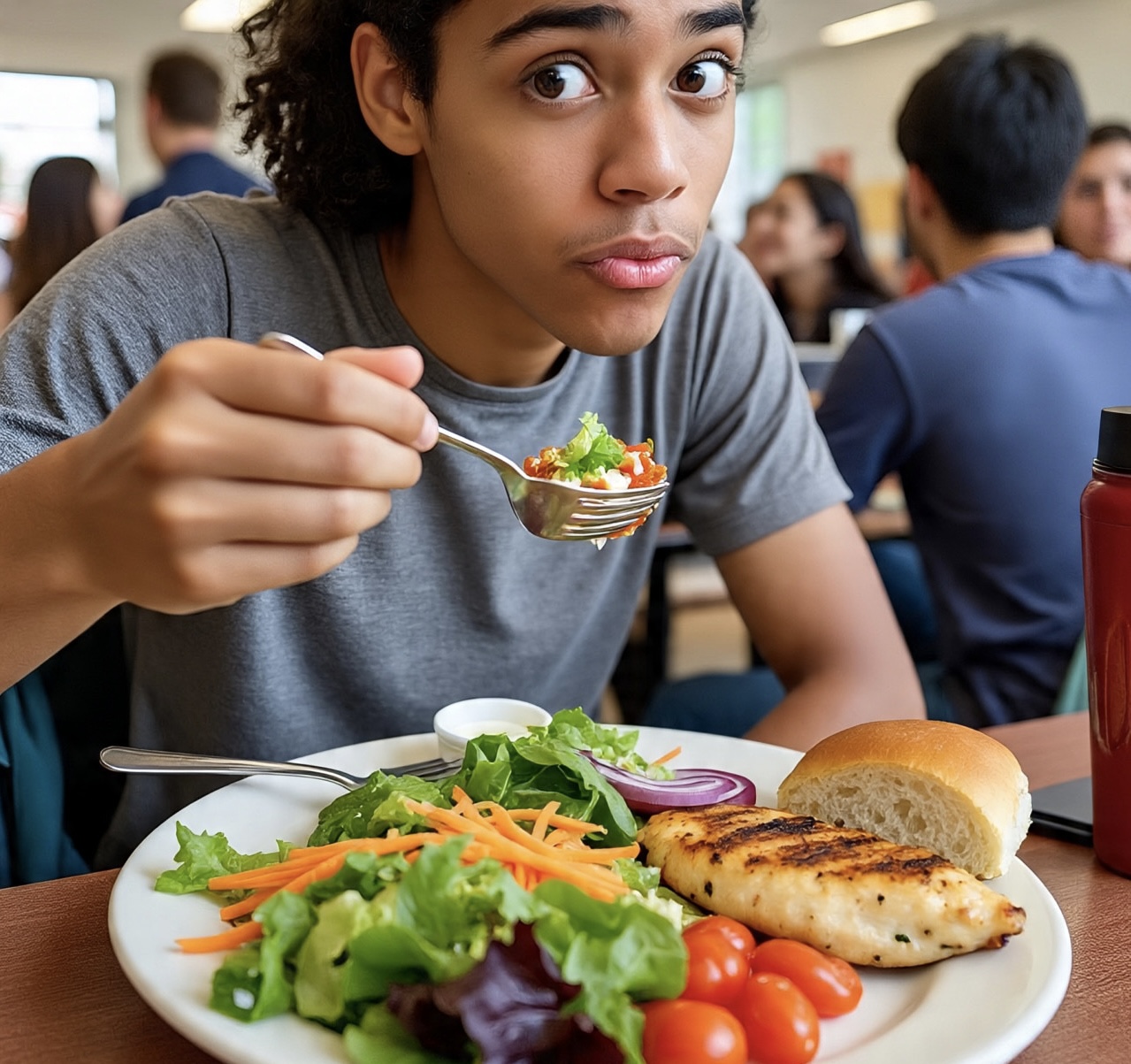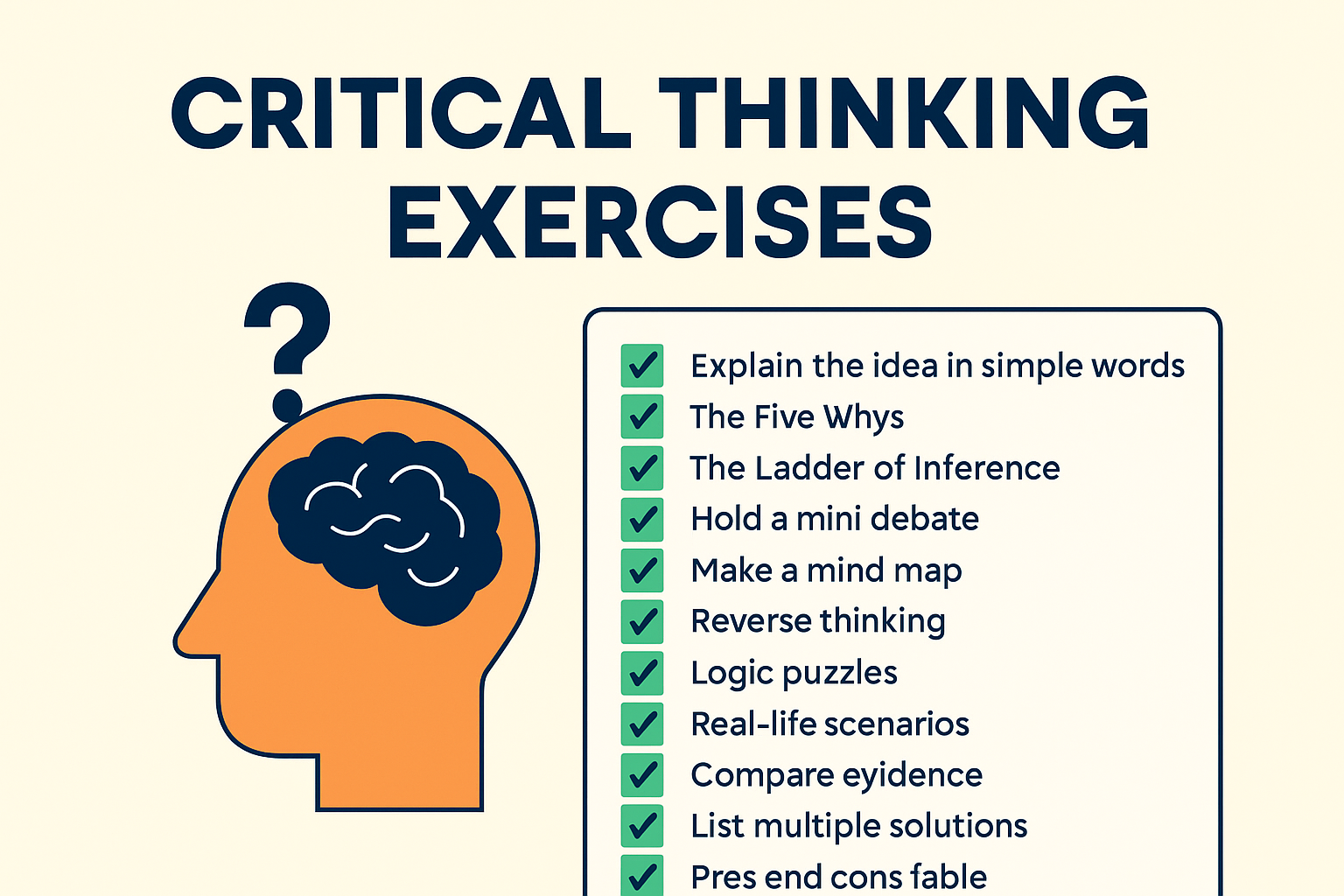Healthy Habits for Students: Eating Well on a Busy Schedule
College life can feel like a whirlwind. Between classes, part-time jobs, homework, and social activities, students often find themselves running low on time, energy, and focus. In the middle of this fast pace, one of the first things to suffer is diet. Grabbing a bag of chips or relying on late-night pizza runs may feel convenient, but those choices can leave students tired, sluggish, and less productive. The good news is that eating well doesn’t have to be complicated or time-consuming. With a little planning, students can keep their minds sharp and bodies energized even on the busiest days.
When deadlines pile up, some students look for shortcuts in all areas of life — even academics. They must search for a fast essay writing service Myassignmenthelp.com to save time, but when it comes to food, there are no quick fixes that replace the benefits of healthy eating. Just as writing requires focus and preparation, so does fueling the body. Building healthy food habits can actually improve concentration, reduce stress, and make long study hours easier to manage.
Why Nutrition Matters for Students
Food is fuel, and the kind of fuel you put into your body directly affects performance. Students who eat balanced meals tend to have better memory retention, steadier energy throughout the day, and improved mood. On the other hand, living on soda and fast food can lead to energy crashes, poor sleep, and even weaker immunity — the last thing anyone wants during exam season. Understanding the impact of nutrition helps students see food not just as something to satisfy hunger, but as an essential tool for success in academics and life.
Plan Ahead with Simple Meals
One of the best ways to avoid unhealthy eating is to plan ahead. Preparing meals in advance doesn’t mean cooking gourmet dinners every night. Even small steps can make a big difference. For example, students can cook extra portions of rice, chicken, or pasta on the weekend and store them in containers for quick reheating. Having ready-to-go meals makes it easier to resist the temptation of fast food after a long day of classes. Keeping a few staples like oatmeal, eggs, canned beans, and frozen vegetables ensures there’s always something nutritious to throw together in minutes.
Snack Smarter
Snacking is inevitable, especially for students who spend long hours studying. Instead of reaching for chips or candy, stocking up on healthier options can provide energy without the crash. Fresh fruit, nuts, yogurt, or whole-grain crackers are portable and filling choices. A bag of baby carrots or an apple can be just as quick to grab as a candy bar, but the nutrients will sustain focus far longer. Healthy snacking can also help control portion sizes during meals, preventing overeating at night.
Stay Hydrated
It’s easy for students to forget water when they’re running from class to class with a coffee in hand. While caffeine can provide a quick boost, dehydration leads to headaches, fatigue, and difficulty concentrating. Carrying a reusable water bottle is a simple way to make hydration a habit. Adding a slice of lemon or cucumber can make water more refreshing without the sugar found in sodas or energy drinks. Staying hydrated is one of the easiest and cheapest habits for students to adopt.
Balance, Don’t Restrict
Some students fall into the trap of extreme dieting, believing they must cut out all treats to stay healthy. The reality is balance matters more than restriction. Allowing occasional pizza nights or dessert with friends is part of a sustainable lifestyle. The key is moderation. Eating mostly whole, unprocessed foods while enjoying treats occasionally prevents feelings of guilt and helps students stay consistent with healthy habits.
Quick and Healthy Meal Ideas
For those constantly on the go, here are a few easy meal suggestions:
These options are affordable, quick to prepare, and far healthier than typical fast-food alternatives.
Healthy Habits Pay Off
Making small, consistent changes to eating habits pays off over time. Students who prioritize nutrition often notice they have more energy during the day, better focus while studying, and even improved moods. Just like staying organized with assignments or sticking to a study schedule, eating well is a discipline that builds long-term success.
Final Thoughts
Life as a student is busy, but healthy eating doesn’t have to fall by the wayside. With smart planning, mindful snacking, and simple meal prep, students can fuel their bodies and minds for the demands of campus life. Treat food as a powerful tool for learning and growth. The effort to eat well is an investment in both academic performance and overall well-being — one that pays dividends long after graduation






